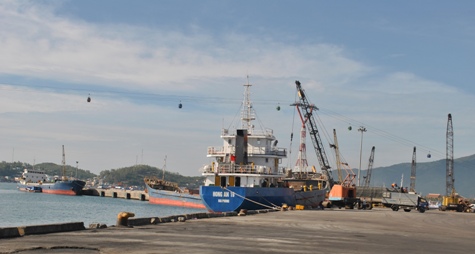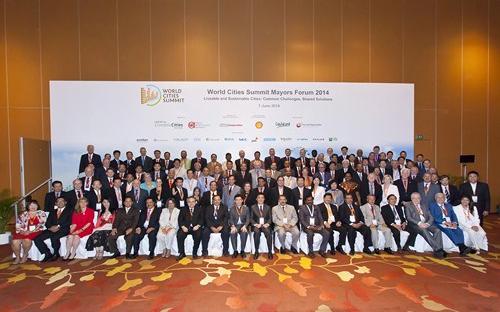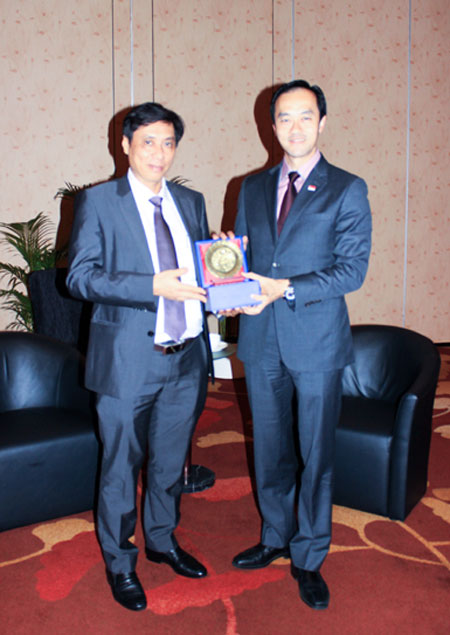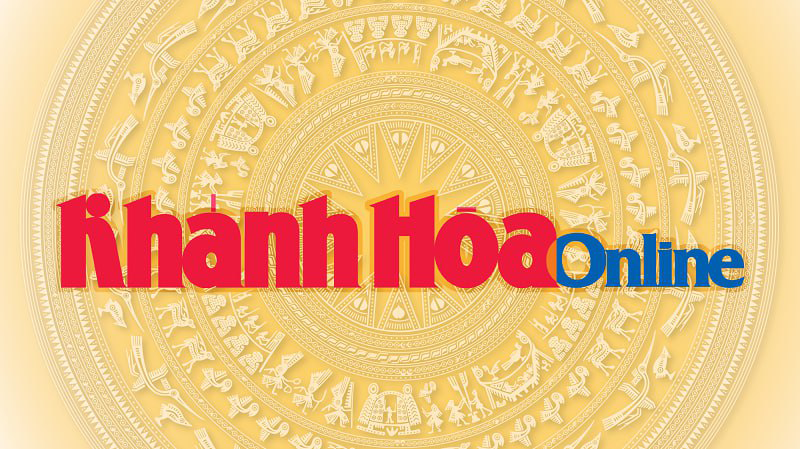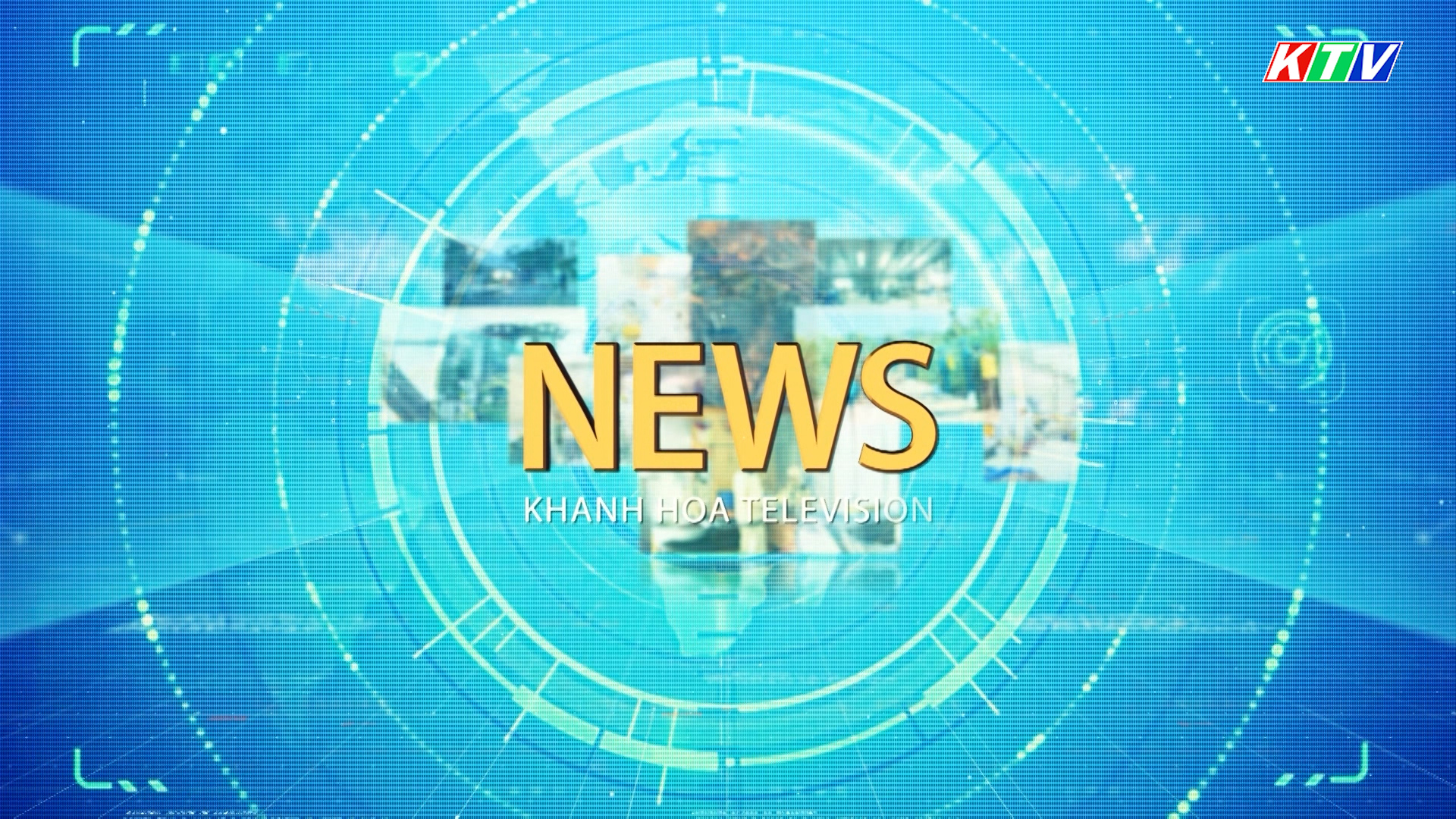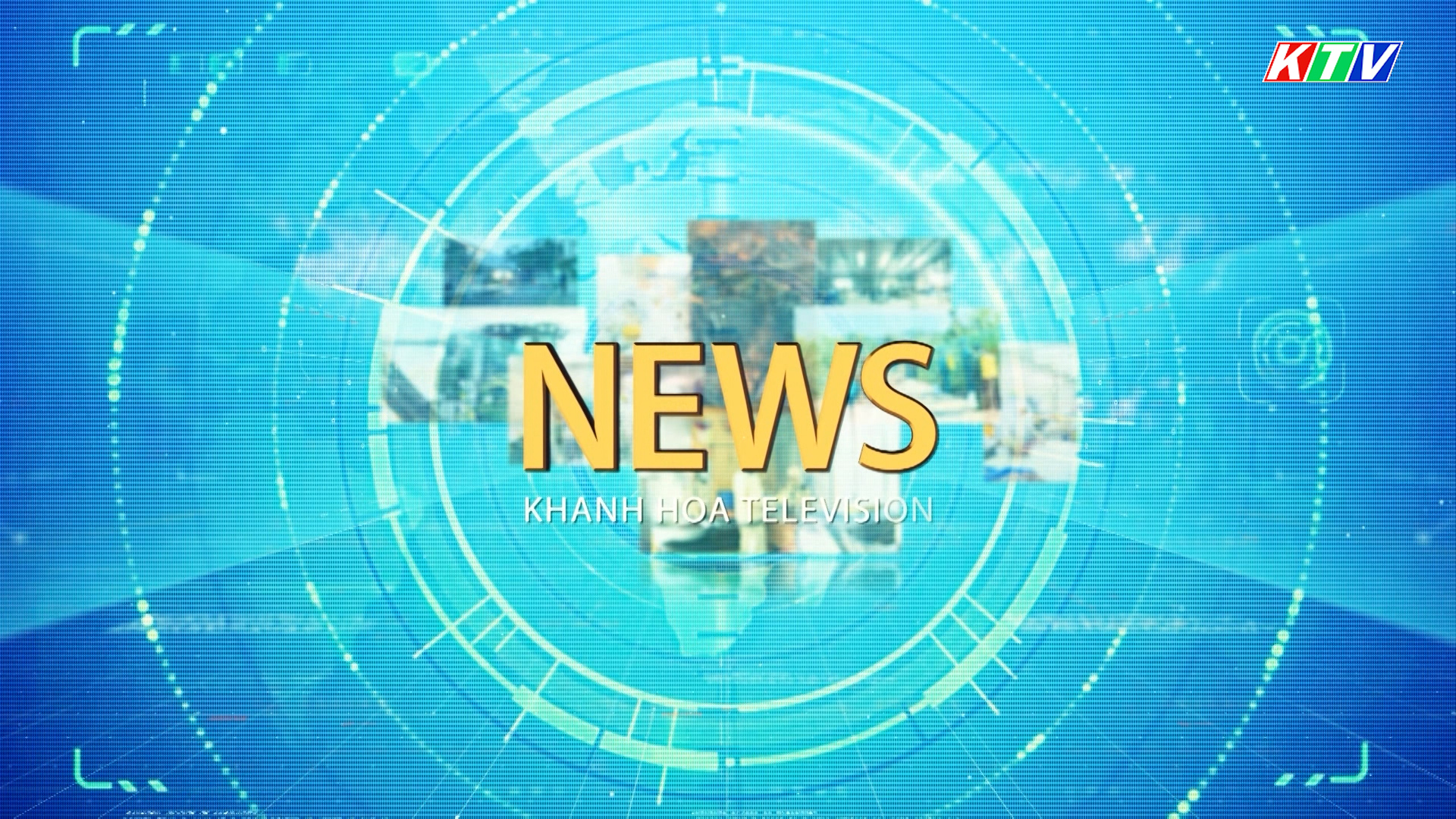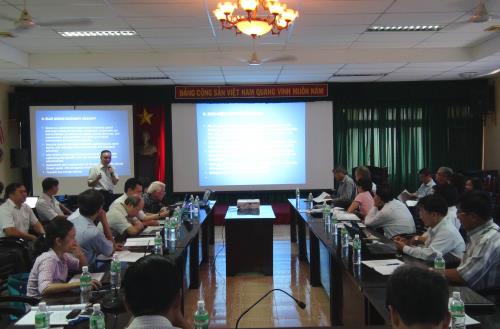
The International Union for Conservation of Nature & Natural Resources (IUCN), "Mangrove for the Future" (MFF) program, Vietnam Institute of Marine Environment & Resources and Nha Trang Institute of Oceanography have jointly held a workshop...
The International Union for Conservation of Nature & Natural Resources (IUCN), “Mangrove for the Future” (MFF) program, Vietnam Institute of Marine Environment & Resources and Nha Trang Institute of Oceanography have jointly held a workshop on green solutions towards a blue economy.
Present at the event were more than 50 scientists representing international organizations, the Ministry of Natural Resources & Environment, Ministry of Natural Resources & Environment, Ministry of Agriculture & Rural Development, cities and provinces nationwide.
Many presentations at the workshop focused on blue marine economy such as environmentally friendly diving in Nha Trang City; sustainable aquaculture integrated with mangrove protection in Ben Tre and Tra Vinh; shell farming co-management in Binh Thuan; application of remote control and a geographic information system (GIS) in off-shore fishing management and supervision in Vietnam; coastal erosion control in Me Kong Delta, etc.
Vietnam sea is experiencing major changes under human and natural impact such as climate change, flooding, ocean acidification, increasing environmental pollution, etc. Therefore, marine environment quality improvement is expected to contribute to the implementation of the strategy and action program on blue economy growth in Vietnam on the pathway towards sustainable development, according to PhD., Associate Professor Nguyen Chu Hoi, Vietnam Institute of Marine Environment & Resources.
Two presentations by Nha Trang Institute of Oceanography included biodiversity reservation for marine development in Khanh Hoa (PhD. Vo Sy Tuan, Director of the Institute) and environmentally friendly diving (MA. Nguyen An Khang).
According to PhD. Vo Sy Tuan, Khanh Hoa Province has high marine biodiversity, including coral reefs, sea grass carpets, islands and beaches, contributing to developing maritime industries such as aquaculture, fishing, salanganes’ nests harvest, marine tourism, etc. However, many challenges and risks, including environmental pollution, are facing marine biodiversity conservation.
To solve the problems, local policy-makers and supporting organizations plan to take various measures to clean up the marine space and define purposes of integrated management zones. Examples include developing Nha Trang tourism, Van Phong Port; registering for the UNESCO recognition for the complex of Hon Ba, Cai River and Nha Trang Bay as a world biological reserve; ban exploiting marine reserves; mobilizing the public involvement in marine resource management, protection and offshore fishing development; founding concentrated fishing grounds and so on.
Participants have agreed to take blue growth measures based in specific marine conditions to protect the environment and create outstanding resources for sustainable development.
According to Maria Corazon M. Ebarvia, Partnerships in Environmental Management for the Seas of East Asia (PEMSEA), a blue marine economy is a series of industries relying on marine. It also includes marine education, research and the operation of instructions in charge of coastal zones such as border defense, rescue and environmental protection. Recent activities have emerged such as marine biotechnologies, ocean energy and construction of climate change resiliency infrastructures. These activities require new sub-sectors to be added into ocean accounts in an effort to have suitable measures for natural disaster control and prevention; sustainable development, environmental protection, etc.
V.L
Translated by N.T

